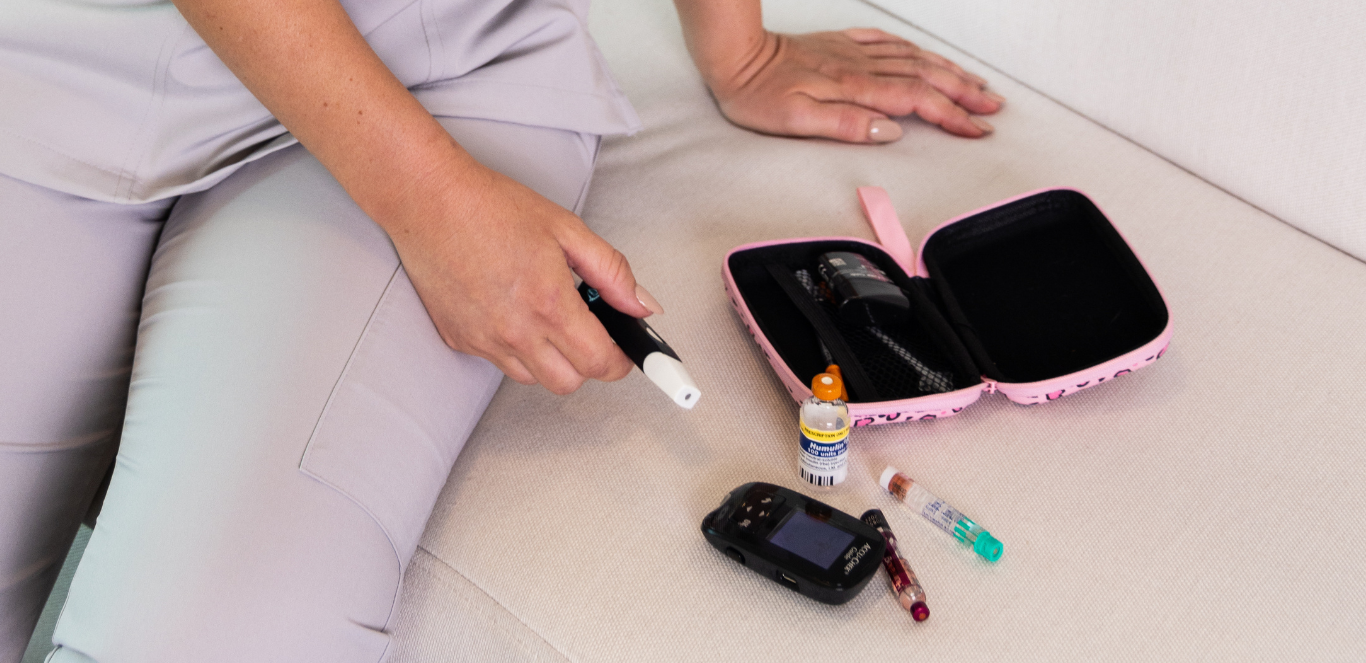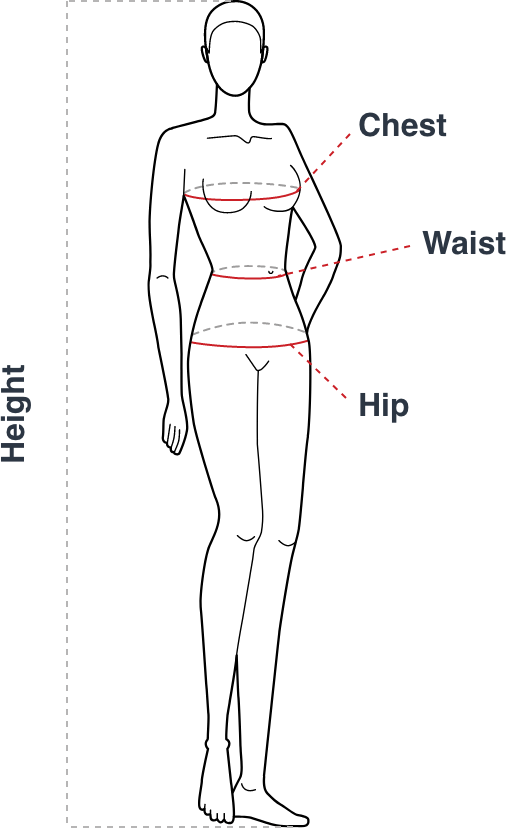National Diabetes Week runs from 10 – 16 July 2022
In year three of the ‘Heads Up on Diabetes’ campaign we’re calling on Australians to rethink how they think about diabetes.
Almost 700,000 people living with diabetes experience a mental or emotional health challenge every year.
On top of that, many people living with diabetes experience blame and shame due to misinformation and misconceptions about diabetes.
The National Diabetes Week campaign
- So this National Diabetes Week, let’s rethink how we think about diabetes.
- Let’s reduce the burden with more compassion.
- Let’s reduce the blame with more understanding.
- Let’s reduce the barriers and help people get support.
- Let’s rethink diabetes.
National Diabetes Week runs from July 10th to the 16th, and it is a week when communities all over Australia come together to raise awareness about diabetes.
Diabetes Australia will be focusing on challenging diabetes-related stigma in year three of the 'Heads Up on Diabetes' campaign.
The Australian Centre for Behavioural Research in Diabetes (ACBRD) discovered that four out of every five people living with diabetes have encountered stigma at a certain point. Both people with type 1 and type 2 diabetes have reported experiencing this.
What is the stigma around diabetes?
Diabetes stigma refers to negative social experiences of judgement, blame, and shame for people living with this condition. This stigma can include being treated differently, being excluded, stereotyping, and a lack of understanding about the condition's cause and ability.
It can lead to people not sharing their diabetes diagnosis with others, not receiving the necessary help and support, not being interested in learning more about their diabetes, or not doing what they need to do each day to manage their diabetes and remain well.
This causes diabetes patients to feel ashamed, embarrassed, guilty, and isolated, which has a negative emotional, social and health impact. The consequences of diabetes stigma, whether perceived or experienced, can have a negative impact on both physiological and physical health. Diabetes stigma affects their social relationships in the community, can contribute to depression and anxiety, and creates negative attitudes towards diabetes self-care, which could raise the risk of diabetes-related complications.
How can we reduce the stigma around diabetes?
We can reduce diabetes stigma in our community by being more thoughtful and careful in the vocabulary we use with those who have diabetes.
As family, friends, and colleagues of people with diabetes, it is critical not to pass judgement on their weight gain, dietary choices, or diabetes diagnosis. Instead, show people with diabetes respect and support, especially when they are managing their condition in public. Understand that people with diabetes did not ask for the condition and that it can be difficult to live with.
The 5 ways to help someone living with diabetes
Encourage healthy eating - Some people with type 2 diabetes manage their condition with insulin therapy or other diabetes medications, while others do not. Whether or not they take medication(s), it is critical that they adopt a healthy lifestyle, which includes good eating habits.
Offer to attend doctors' appointments - Offer to take them to their next doctor's appointment or to pick up their prescription medication from the pharmacy. Offer to take notes if you attend a doctor's appointment. This may aid them in remembering vital information later on. Also, don't be afraid to question the doctor. The more you know about type 2 diabetes, the better your support will be.
Be observant of drops in blood sugar levels - People with type 2 diabetes may occasionally experience a decline in sugar levels. This can result in foggy thinking, exhaustion, and weakness. Learn whether the person you're living with is at risk for low blood sugar and, if so, what the symptoms are as well as how to treat it.
Exercise together - For people with type 2 diabetes, regular exercise is just as important as a balanced diet. Being physically active and losing weight can help lower blood glucose levels. While maintaining a workout schedule can be difficult, it is often easier to exercise when you are held accountable to someone. Offer to be workout buddies and meet up a few times a week.
Be positive - A diabetes diagnosis can be frightening, especially given the possibility of complications. Offer positive encouragement rather than negative stories. When a loved one is diagnosed with diabetes, you may feel helpless, and although your strength and support can assist this person going through difficult times. Be positive, offer specific assistance, and learn everything you can about the disease. These efforts may appear insignificant from your perspective, but they can make a massive difference in someone's life.
Mediscrubs recently spoke with our friend Melanie Clarke who gave us her personal insight and perspective on living with diabetes
Hi Mel, thank you for taking the time to talk with Mediscrubs about your own experience with diabetes so that we could share this with our community on this National Diabetes week 2022.
1) What type of diabetes do you have and when were you diagnosed?
I have Type 1 Diabetes and I was diagnosed when I was 9yrs old.
2) How did you feel at the time when you found out?
I was upset but I knew what to expect in a way. My sister was diagnosed 3yrs prior and I remember when I started having the same symptoms, I tried to hide it. Extreme thirst, waking up during the night, foggy feeling. I knew that diabetes meant I’d have to have needles for the rest of my life and that seemed like a huge inconvenience.
3) How do you deal with your diabetes on a daily basis and does it get in the way of your work?
I integrate diabetes management throughout my day. Regular finger prick tests and insulin injections from the second I wake up to the moment I go to bed. I am very in-tune with my body and can usually feel my blood sugars without testing. It can be a little annoying but it feels very normal to me. I don’t remember much different.
4) What are some examples of Diabetes Stigma (e.g people saying you shouldn't eat that because you're diabetic). These assumptions that people make such as, (you can't do that job because you are diabetic) and how you deal with it?
Type 1 diabetes being an autoimmune disease is usually a bit of a shock to people. You hear things like - so you did this by eating too much sugar? Or why aren’t you overweight? I think because Type 2 is so widely publicised in a negative light. I wish there was more education in the differences between the two. I have a pretty tough skin when it comes to those comments but I can see how people would come to those conclusions. I have a bit of a giggle and keep living my life. T1D doesn’t make you any different to anyone else. It’s an illness and it’s manageable. I can do whatever I set my mind to.
Very helpful information Mel. Once again thank you for taking the time to talk with us - @Mediscrubs







